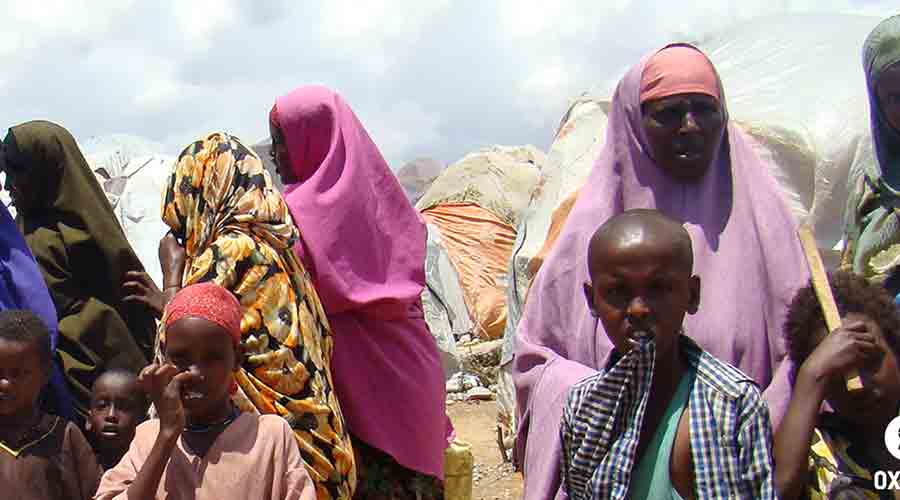Country Archive
Filtering options
Filtered stories. Filter: Somalia
Getting water for her family in rural Somalia used to involve a lot of effort for Amina Mohamoud Sahardid. She had to walk to the village well that was in…
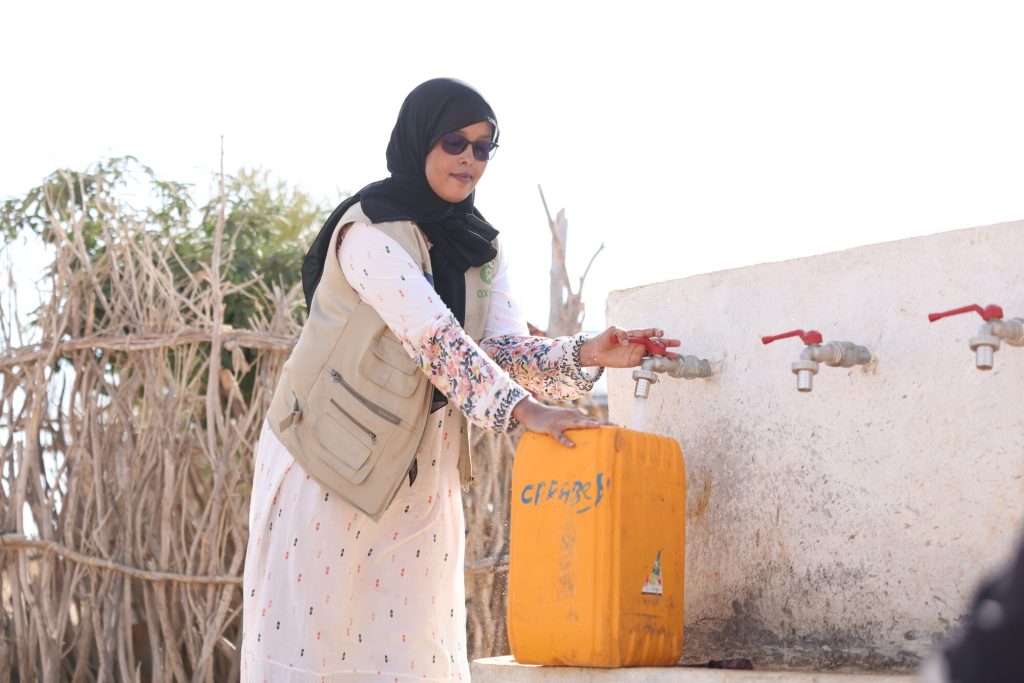
Nearly 116 million people in eight African countries, hardest hit by severe water crises, lack access to drinking water. Globally, flash floods have become 20 times more frequent between 2000…
Young women in Somalia and Somaliland are gaining skills in tech, arts, and agriculture—building livelihoods and securing their futures despite conflict and climate challenges.
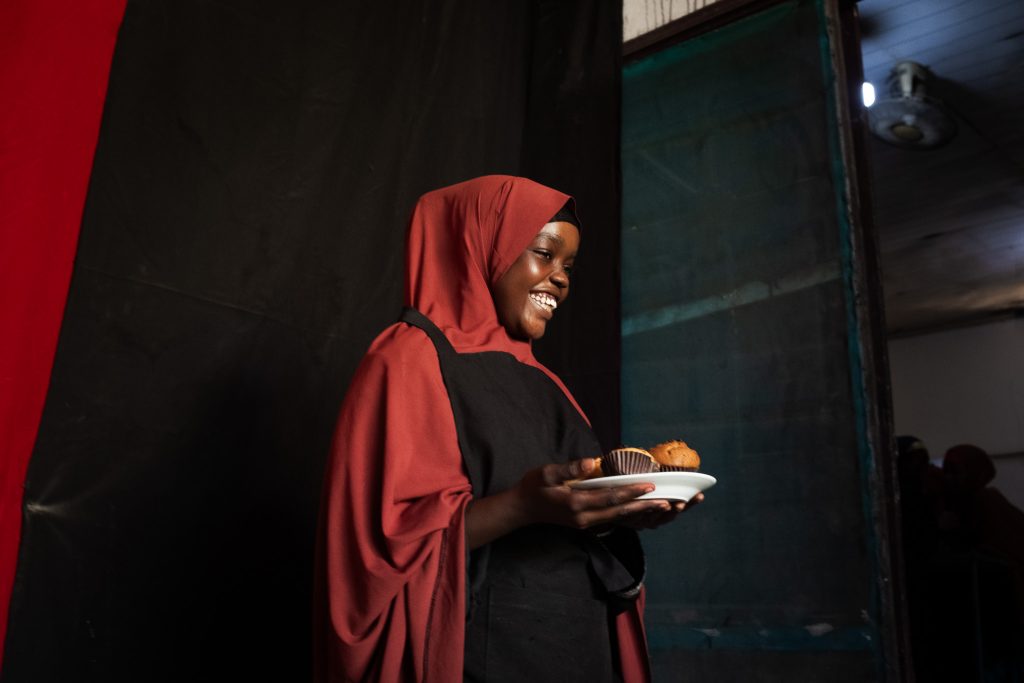
TITLE FROMPOST TYPE by Lauren Ravon | September 25, 2024 WARNING: Background Image Alt Description is missing!! A young woman collects water in Garadag, Somaliland. Photo: Caroline Leal/Oxfam As I…
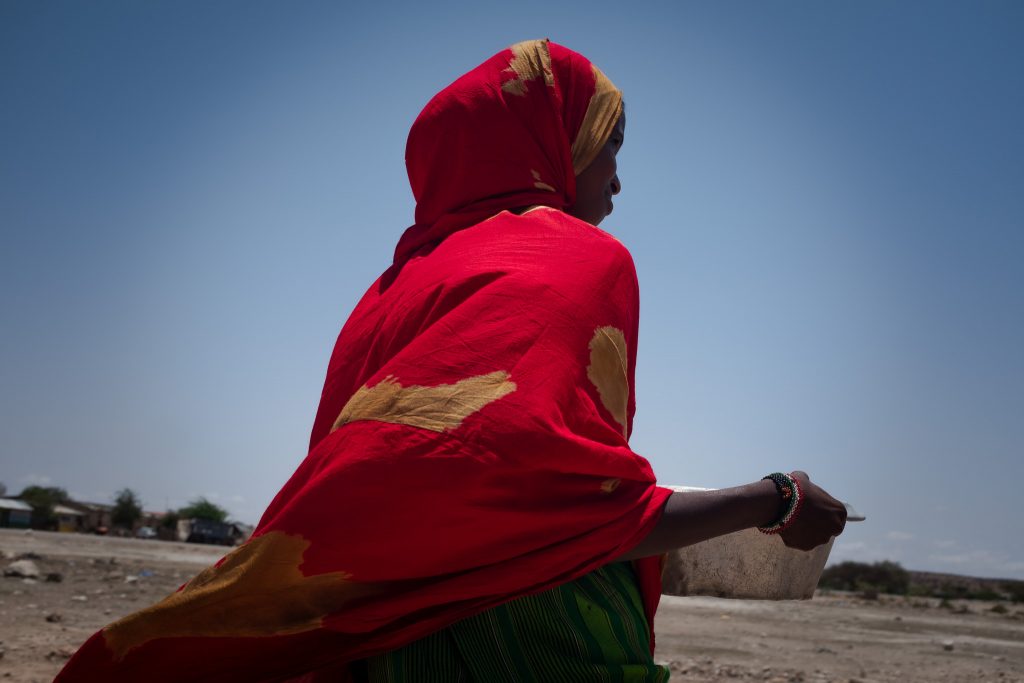
Around the world, 2 billion people do not have safe drinking water, and up to 3 billion people experience water shortages for at least one month each year. In fact,…
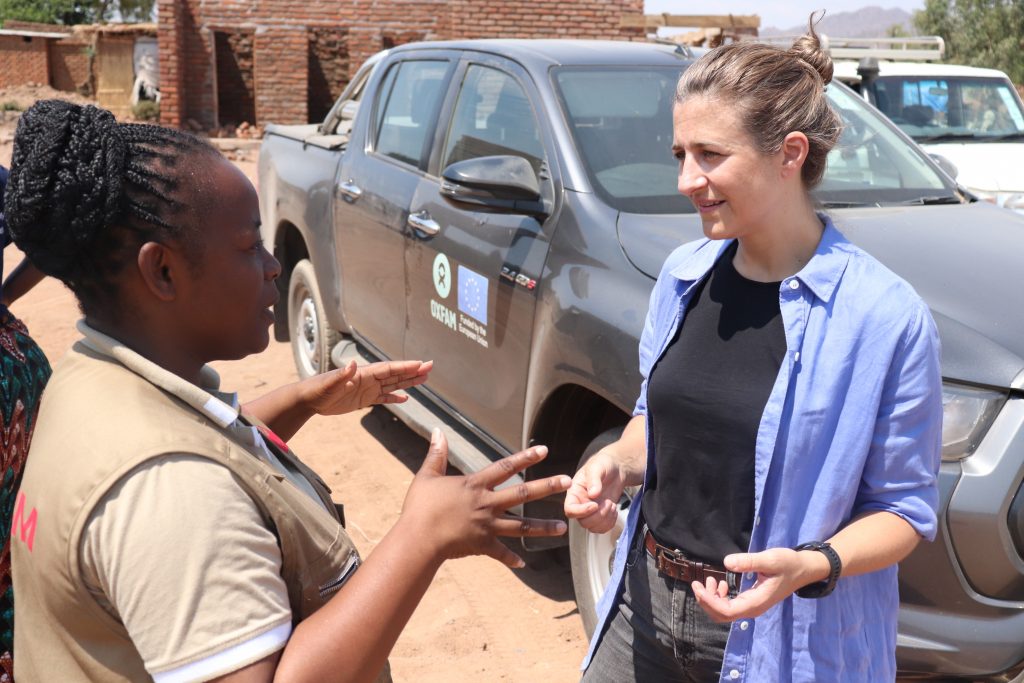
Oxfam's water engineers provide large-scale water supplies and disease-preventing sanitation facilities to millions of vulnerable people around the world.
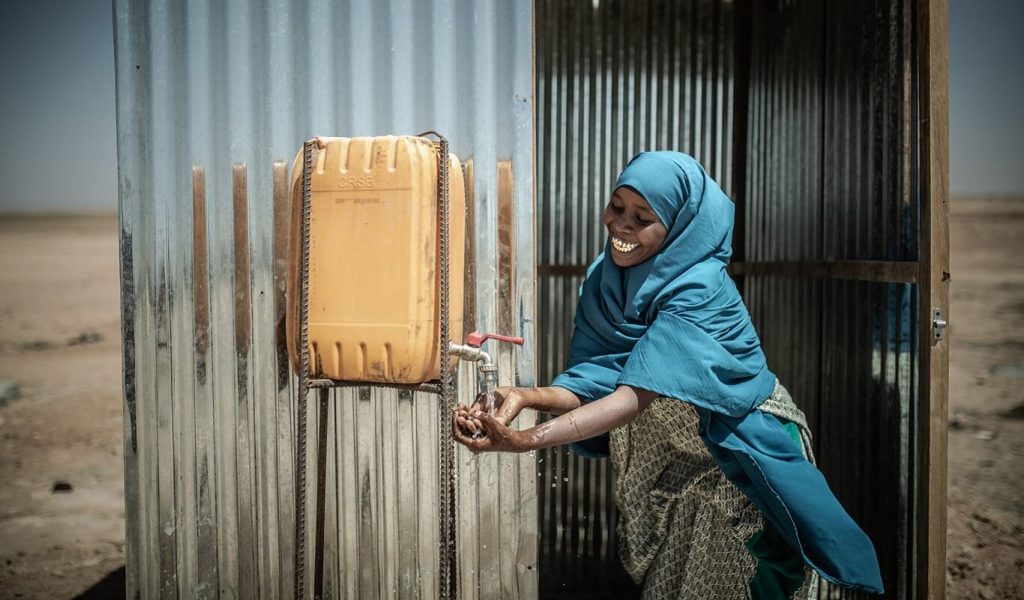
Kenya, Ethiopia, Somalia and South Sudan have incurred $7.4bn of livestock losses alone as a result of climate change Despite being largely responsible for the worsening climate crisis in East…
Humanitarian needs are at an all-time high worldwide, but woeful underfunding hinders humanitarian action.
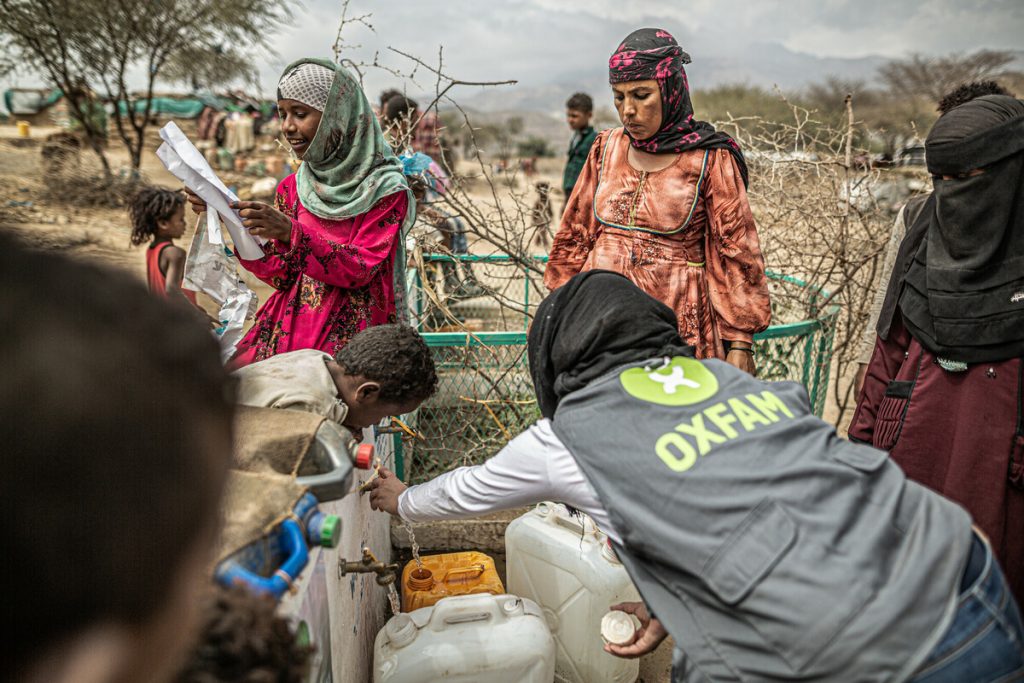
More than 31.5 million people in East Africa – Ethiopia, Kenya and Somalia – are suffering from the combined impact of conflict, climate and hunger.
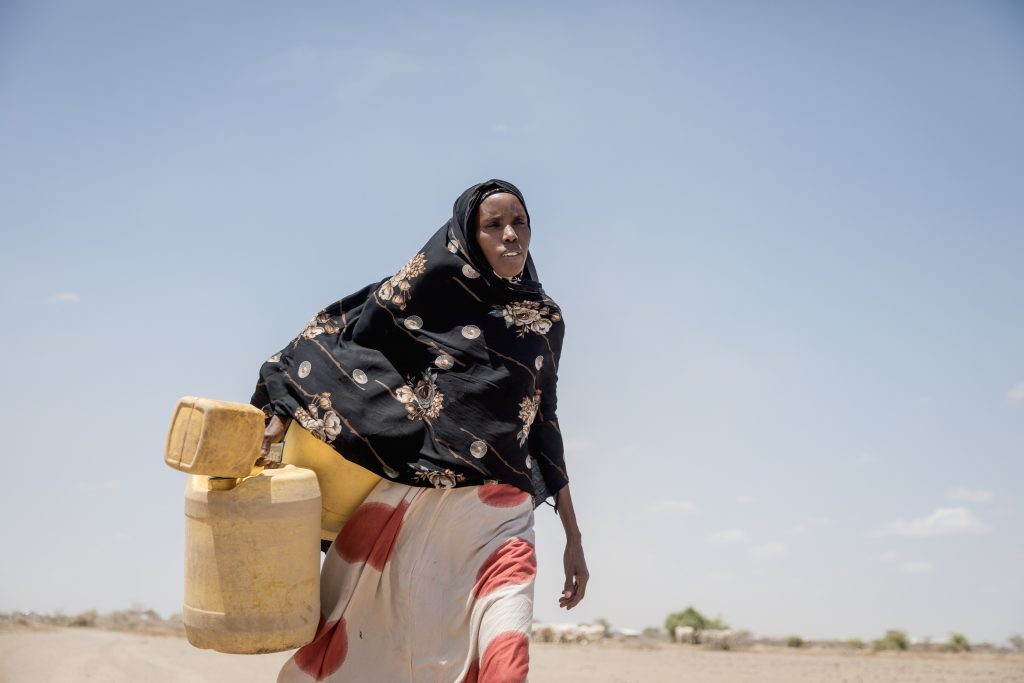
Learn about the definition and causes of famine, and explore ways to support Oxfam in stopping and preventing it.
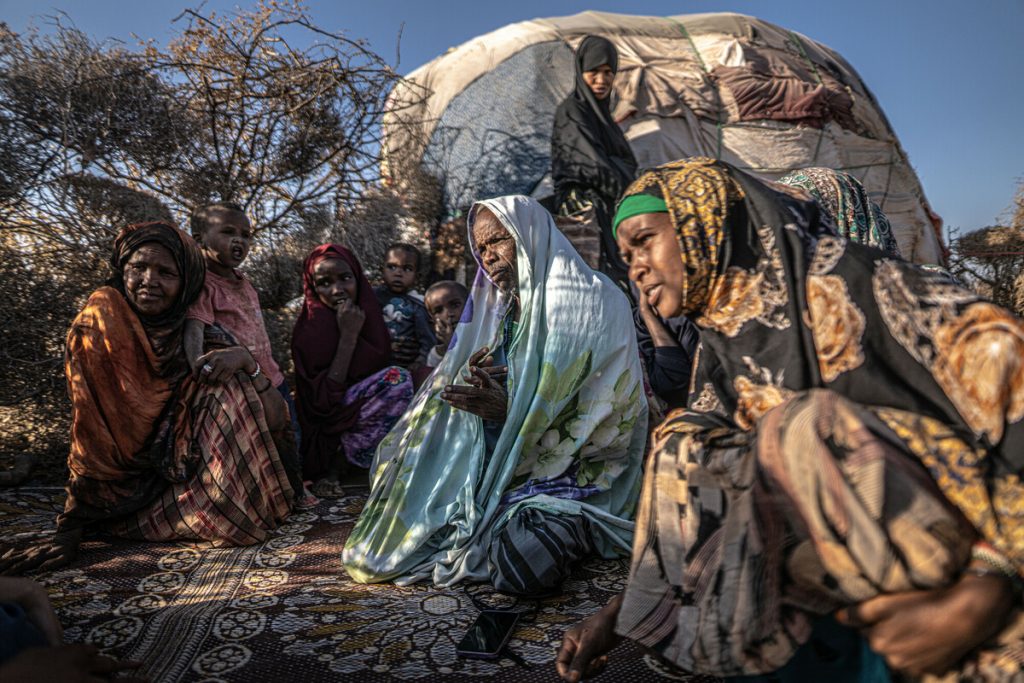
Up to 90% of water boreholes in parts of Somalia, Northern Kenya and Southern Ethiopia have entirely dried up One in five people in drought-stricken East Africa – a total…
Oxfam is responding in four countries and urging more international assistance to help people facing severe hunger due to climate change, conflict, and economic shocks.
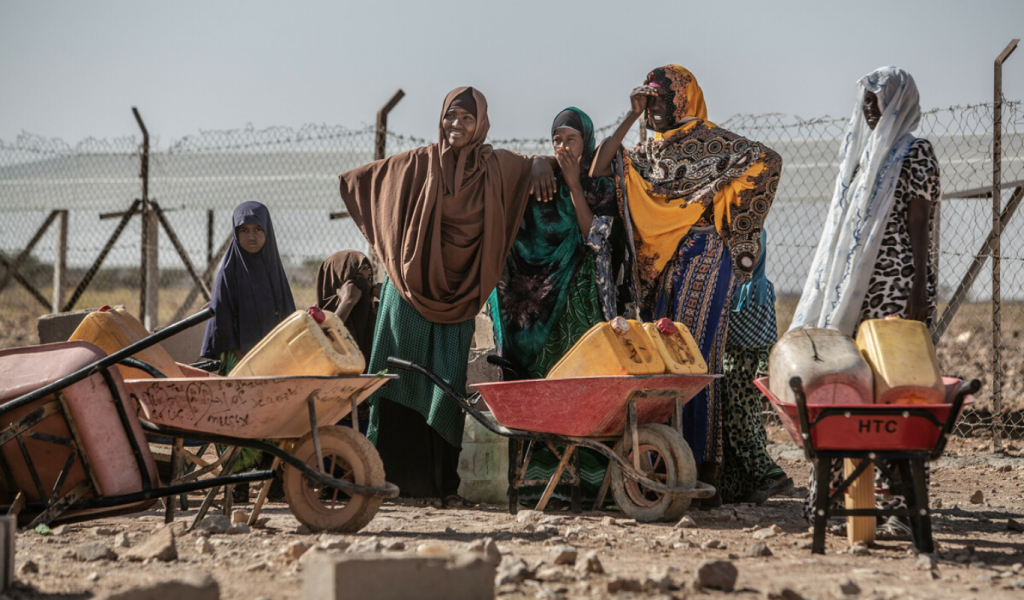
Less than 18 days of fossil fuel companies’ profits would cover the entire UN humanitarian appeal for 2022 Ten of the world’s worst climate hotspots – those with the highest…
Humanitarian needs are at an all-time high worldwide, but woeful underfunding hinders humanitarian action.

Food inflation in some East African countries outstrips global average leaving millions hungry Food inflation in East African countries where tens of millions of people are caught in an alarming…
The amount of money needed for UN humanitarian appeals involving extreme weather events like floods or drought is now eight times higher than 20 years ago – and donors are…
One person is likely dying of hunger every 48 seconds in drought-ravaged Ethiopia, Kenya and Somalia, according to estimates by Oxfam and Save the Children in a report published today…
The economic impacts of the war in Ukraine – including unprecedented food and energy price inflation – are being felt by the most vulnerable in our deeply unequal world.
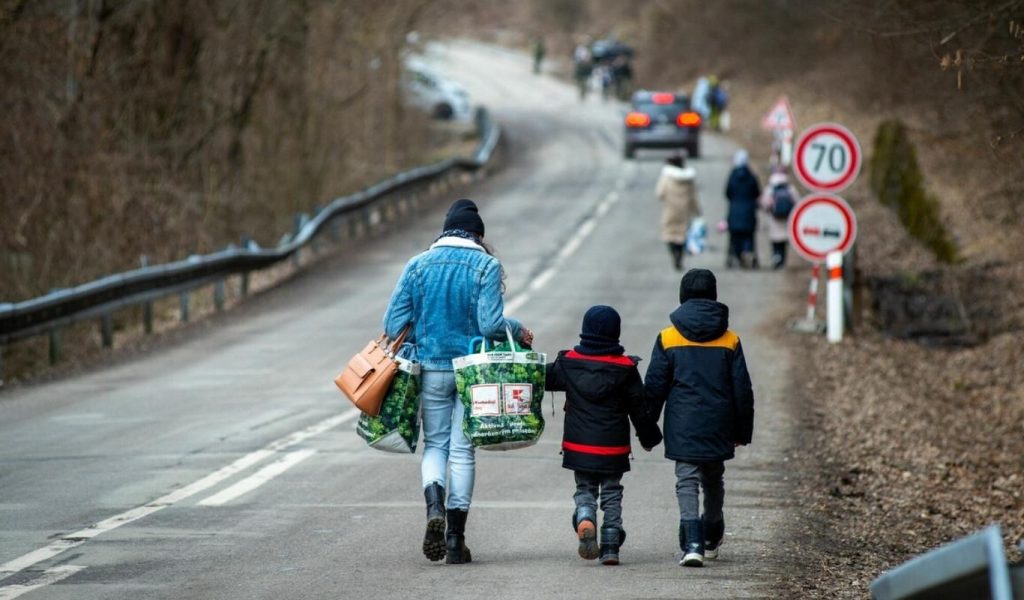
As donors convene in Geneva, over 50 NGOs and NGO networks call for an urgent and substantial step-up in funding and leadership to respond to the humanitarian catastrophe facing millions…
Responding to the publication today of the IPCC’s Working Group III report on climate change mitigation, Oxfam’s Climate Policy Lead Nafkote Dabi said: “This IPCC report pulls no punches. The…
Global food and commodity prices spiking in reaction to Ukraine crisis set to worsen hunger for 21 million people already today in severe food insecurity As many as 28 million…
Countries in the Horn of Africa are enduring severe hunger, with near-famine conditions in some areas, due to conflict, climate-induced weather shocks (flooding in some countries, drought in others) and…
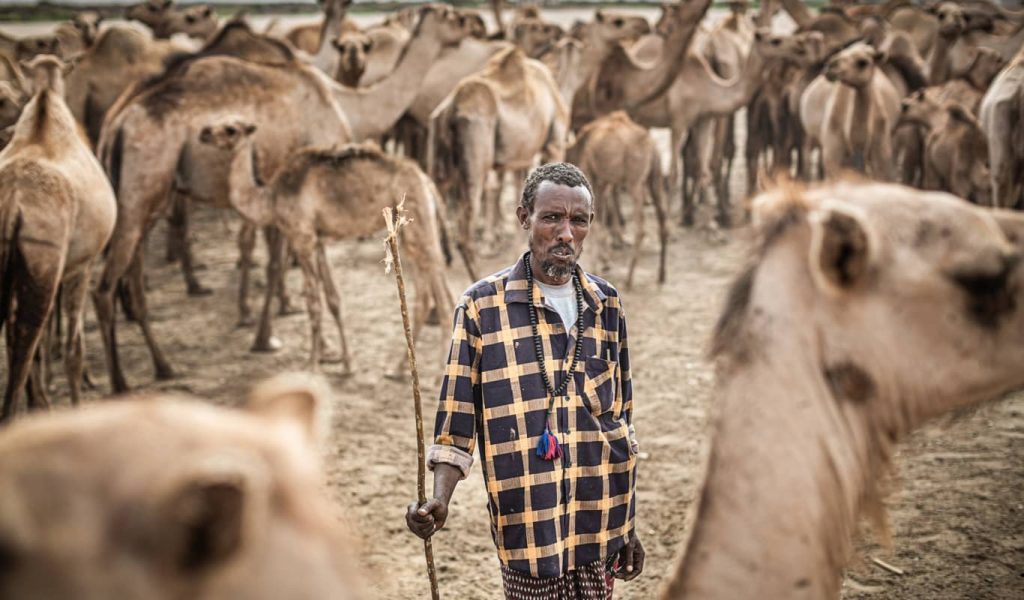
Nearly 90 per cent of Somalia is in a severe drought resulting in 3.5 million people experiencing extreme hunger.
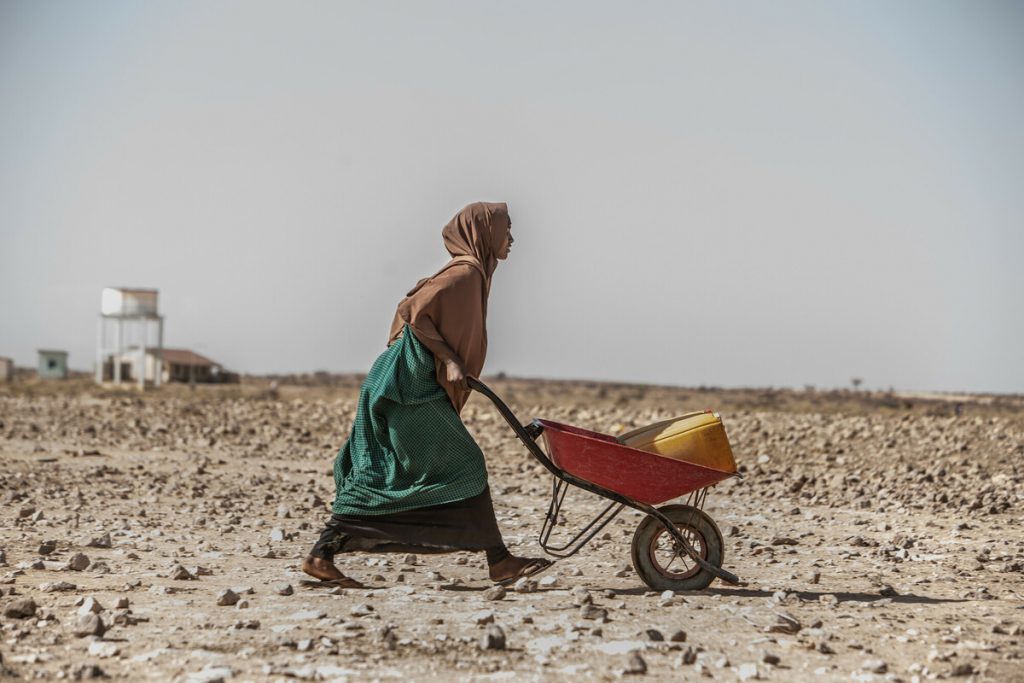
7.7 million people are in urgent need of humanitarian assistance, as 98 per cent of Somalia’s humanitarian appeal remains severely underfunded Oxfam, together with over 40 NGOs representing the Somali…
Nearly 90 per cent of the country faces severe water shortages leaving 3.5 million people in extreme hunger Nearly 90 per cent of Somalia is now in a severe drought,…
Over 50 million people are in need of immediate food assistance in the Horn East and Central Africa, with numbers expected to rise significantly as the region braces for harsh, climate fuelled…
The threat of “COVID-19 famines” and widespread extreme hunger is setting off every alarm bell within the international community, but so far sluggish funding is hampering humanitarian agencies’ efforts to…
Flooding and COVID-19 restrictions create perfect conditions for locusts to multiply Oxfam warned today that millions of people in East and Central Africa, already suffering due to flooding and the…
Locust infestations have just hit two new districts in northern Uganda as they continue to plague Kenya, Ethiopia and Somalia, and threaten Sudan and South Sudan. There are also reports…
In November 2019, Oxfam Canada travelled to five Canadian cities to help present our award-winning exhibit Museum Without a Home.
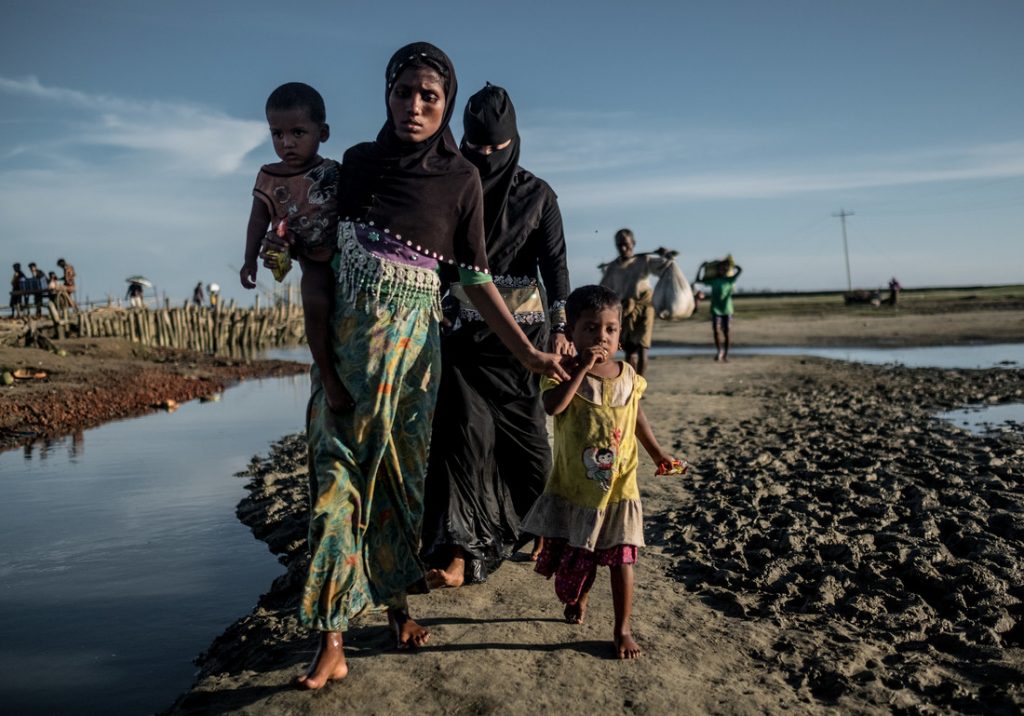
People in the Somali Region of Ethiopia, like many others in Kenya and Somalia, are now enduring near-constant severe drought. Despite bearing no responsibility for the factors driving climate change,…
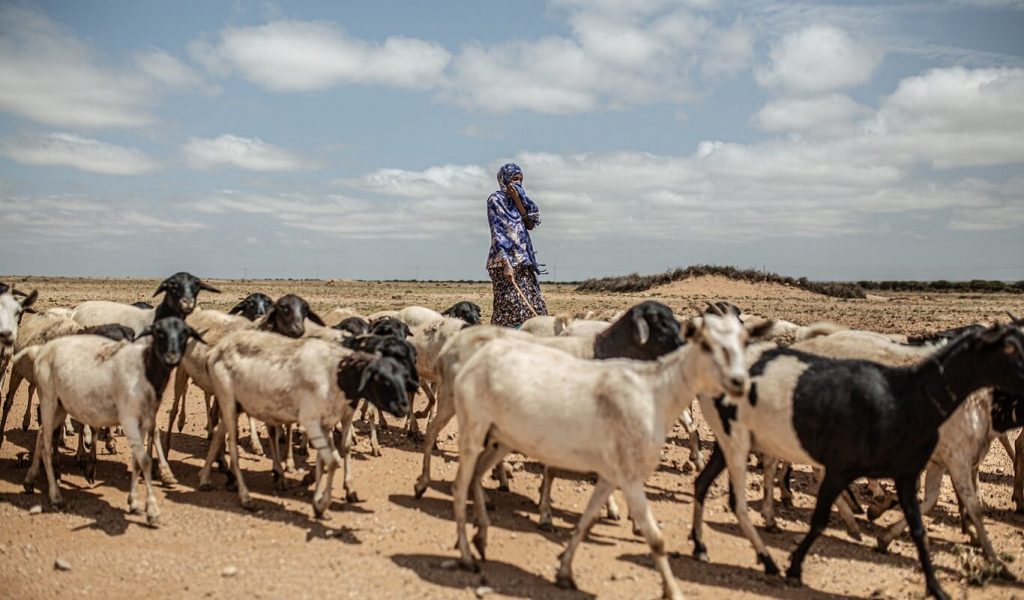
More than 15 million people are in need of aid as drought hits parts of Ethiopia, Kenya and Somalia again. Yet lessons from the devastating droughts of 2011 and 2017…
For the first time in more than a decade, the United Nations reported a sharp increase in hunger around the world. Reacting to the news, Oxfam International’s executive director Winnie…
As I leaned over, I felt a tug on my headscarf, which led me to believe that I was stuck. Very stuck. At that very moment, my long dress was equally…

Deadly famine is already affecting 100,000 people in parts of South Sudan and threatens to extend to Yemen, Somalia and northeast Nigeria. Widespread famine across all four countries is not…
A large double-decker truck is quickly making its way towards Garadag from Fadigaab, in the south of Somaliland. It is carrying nine families and what is left of their herds:…
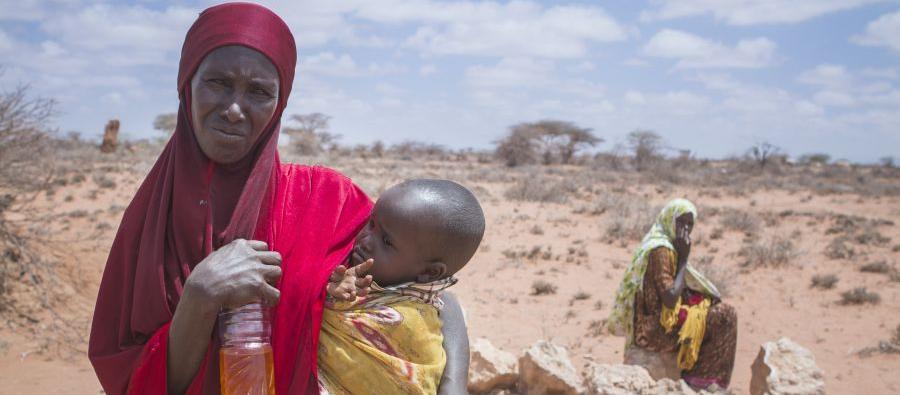
This fund will support Canadian and international organizations currently hard at work helping those in need in the affected countries and neighbouring regions. Understand how this fund works. This is…

The world stands on the brink of an unprecedented four famines in 2017 due to a catastrophic failure of the global community to uphold its obligations to the most vulnerable…
Somalia hasn’t been in the news much in the past couple of years – which is largely good news – but just because there aren’t headlines doesn’t mean there isn’t…
